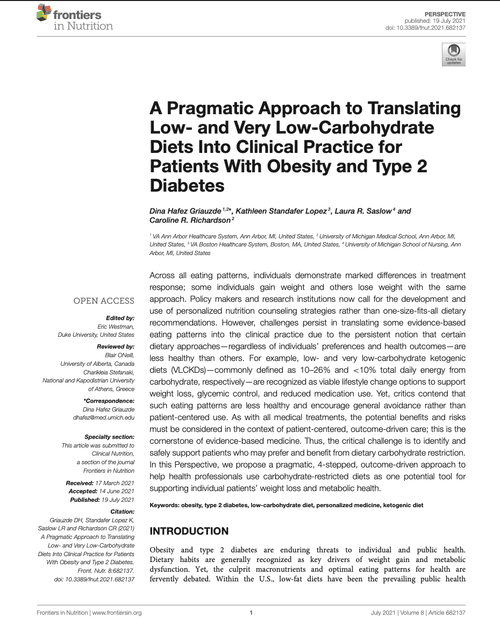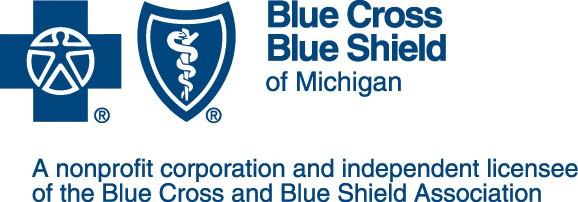ABOUT
SPECIALTY CARE

Peer-Reviewed Paper: A Pragmatic Approach to Translating Low- and Very Low-Carbohydrate Diets Into Clinical Practice for Patients With Obesity and Type 2 Diabetes
Updated: 11/21/23
Front. Nutr., 19 July 2021
Sec. Clinical Nutrition
https://doi.org/10.3389/fnut.2021.682137
Intro: Across all eating patterns, individuals demonstrate marked differences in treatment response; some individuals gain weight and others lose weight with the same approach. Policy makers and research institutions now call for the development and use of personalized nutrition counseling strategies rather than one-size-fits-all dietary recommendations. However, challenges persist in translating some evidence-based eating patterns into the clinical practice due to the persistent notion that certain dietary approaches—regardless of individuals' preferences and health outcomes—are less healthy than others. For example, low- and very low-carbohydrate ketogenic diets (VLCKDs)—commonly defined as 10–26% and <10% total daily energy from carbohydrate, respectively—are recognized as viable lifestyle change options to support weight loss, glycemic control, and reduced medication use. Yet, critics contend that such eating patterns are less healthy and encourage general avoidance rather than patient-centered use. As with all medical treatments, the potential benefits and risks must be considered in the context of patient-centered, outcome-driven care; this is the cornerstone of evidence-based medicine. Thus, the critical challenge is to identify and safely support patients who may prefer and benefit from dietary carbohydrate restriction. In this Perspective, we propose a pragmatic, 4-stepped, outcome-driven approach to help health professionals use carbohydrate-restricted diets as one potential tool for supporting individual patients' weight loss and metabolic health.
Tags: For Providers, Research


